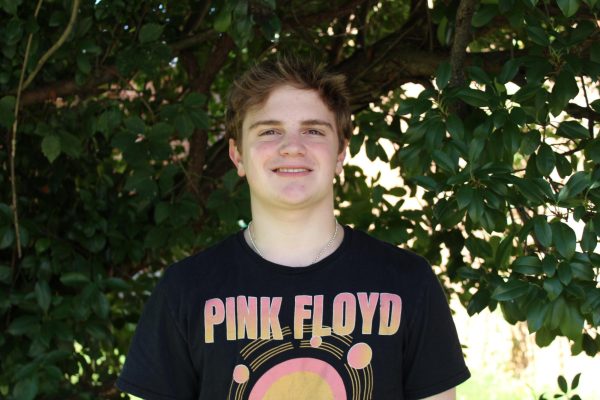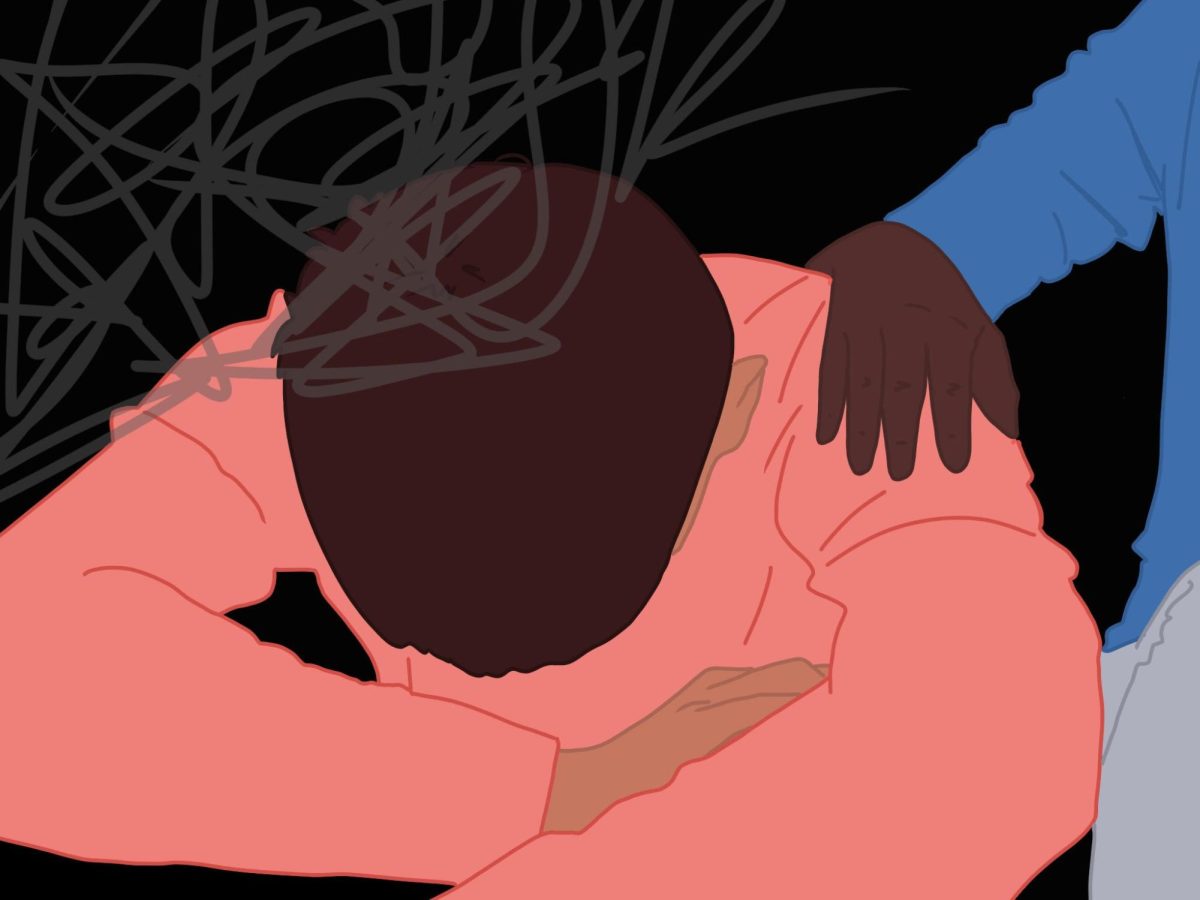Positive attitudes about mental health and getting help have become more prevalent with the rise of social media. Therapy is becoming more widely accepted and mental health struggles are being addressed. While it’s great to see more support for mental health, the new positives have come with many new negatives.
Like many other ideas spreading through social media, mental health movements often seem two-dimensional. In reality, reposts and hashtags do little to help people struggling with mental health. Going about it this way makes it seem like any other trend. When there’s a day, a month, a hashtag or a color for every idea, they blend together and don’t hold any meaning.
We have to go further than simply bringing up mental health. Our generation is easily the most outspoken about mental health, and we play an important role in the mental health of current and future generations.
Despite progress being made, reliance on social media for guidance is a growing problem and reveals the problem of accessibility to real therapy. Mental health needs such as anxiety and depression have increased significantly, especially since COVID-19, but mental health providers haven’t compensated. Therapists around the country are overbooked, with waitlists extending for months.
Because of the lack of accessibility, teens turn to social media. They watch videos telling them they have anxiety and are then left without knowing what to do.
Taking advice through a tiny phone screen is unreliable and could be dangerous. Studies show that around half of TikTok videos about ADHD (Attention Deficit Hyperactivity Disorder) and autism have misinformation or are misleading. Real therapists can respond to individual needs, tendencies and behaviors to determine the best way to help. Providing audiences with resources to find this real help is much more beneficial than “diagnosing.”
Rather than unauthentic attempts at mental health support, we should use social media’s connectivity to our advantage by simply telling our own stories and paying attention to the stories of others. Even reaching out to someone and checking on them can show them the support they need.
People with influence are just like the rest of us, and seeing them open up about getting help is inspiring. Keanu Reeves is a great example. Reeves has touched so many people by talking about dealing with the deaths of loved ones, dyslexia and anxiety.
While there are risks to opening up online, such as toxic comments, people struggling with their mental health should follow the example of people like Reeves and open up to others.
Everyone can benefit from therapy, even beloved celebrities. You don’t have to have a diagnosed disorder or traumatic life event to get a therapist. Life is complicated and we all deal with it differently. Therapy simply provides an external person to give guidance.
The sentiment of personal, real experiences should drive overall mental health awareness efforts. Showing, not telling, inspires people to come out of their shells, speak up about their own struggles and find the help they need.
Categories:
Mental health support should be more than a trend
Being there for someone is one of the best things you can do for someone struggling with mental health, second only to encouraging them to go to therapy.
Story continues below advertisement
0
Donate to The Pitch
$556
$1000
Contributed
Our Goal
Your donation will support the student journalists of Walter Johnson High School. Your contribution will allow us to purchase equipment and cover our annual website hosting costs.
More to Discover
About the Contributor

Riley Berkowitz, Print News Editor
Senior Riley Berkowitz is thrilled to be the Print News Editor for his first year on The Pitch. Outside of The Pitch, Riley enjoys playing guitar, watching auto racing and hanging out with friends.








